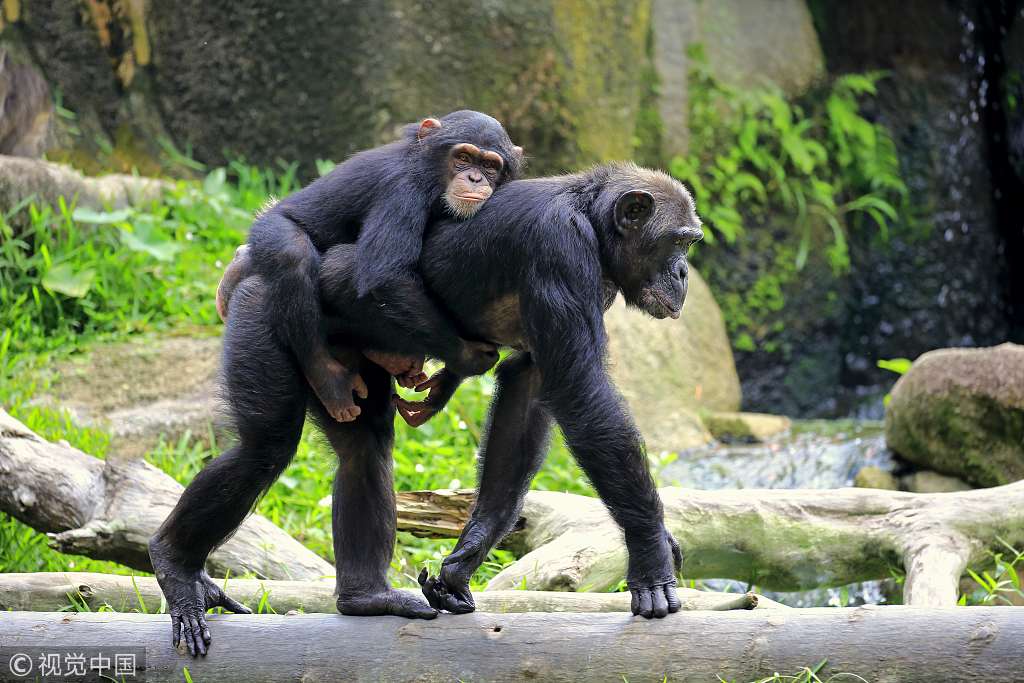
Health
08:19, 16-Dec-2018
U.S. scientists develop HIV vaccine for non-human primates
Updated
07:05, 19-Dec-2018
CGTN

American scientists have developed an experimental HIV vaccine strategy that works in non-human primates, which lends clues to identifying the target and dosage for a potential vaccine for humans.
The new study published on Friday in the journal Immunity showed that rhesus macaque monkeys can be prompted to produce neutralizing antibodies against one strain of HIV that resembles the resilient viral form that most commonly infects people, called a Tier 2 virus.
"We found that neutralizing antibodies that have been induced by vaccination can protect animals against viruses that look a lot like real-world HIV," said Dennis Burton, chair of Scripps Research's Department of Immunology and Microbiology.
Although the vaccine is far from human clinical trials, the study provided proof-of-concept for the HIV vaccine strategy Burton and his colleagues have been developing since the 1990s.
The research also provided the first-ever estimate of vaccine-induced neutralizing antibody levels needed to protect against HIV.
An effective vaccine strategy has to expose the immune system to the virus's outer envelope protein trimer, before producing the right antibodies against it. But the protein trimers tend to be unstable and fall apart when isolated, according to the study.

U.S. scientists have developed an experimental HIV vaccine strategy that works in non-human primates. /VCG Photo
U.S. scientists have developed an experimental HIV vaccine strategy that works in non-human primates. /VCG Photo
The researchers genetically engineered a more stable trimer, or SOSIP, and designed an experimental HIV vaccine that contained this stable SOSIP trimer.
The team tested the vaccine in two groups of rhesus macaques.
A previous study using the same vaccine had shown that some immunized monkeys naturally developed low neutralizing antibody titers or antibody levels in their bodies, while others developed high titers following vaccination.
From this study, the researchers selected and re-vaccinated six low titer monkeys and six high titer monkeys. They also used 12 unimmunized primates as their control group.
The primates were then exposed to a form of the virus called SHIV, an engineered simian version of HIV that contains the same envelope trimer as the human virus.
This particular strain of the virus is known as a Tier 2 virus because it has been shown to be hard to neutralize, much like the forms of HIV circulating in the human population.
The researchers found that the vaccination worked in the high titer animals. The monkeys could produce sufficient levels of neutralizing antibodies against the envelope protein trimer to prevent infection.
In tracking the antibody levels while continuously exposing animals to the virus, the researchers determined the titers needed to keep HIV at bay.
Going forward, the scientists are looking to improve the vaccine design for human trials and keep titers high.
(Top image via VCG)
Source(s): Xinhua News Agency

SITEMAP
Copyright © 2018 CGTN. Beijing ICP prepared NO.16065310-3
Copyright © 2018 CGTN. Beijing ICP prepared NO.16065310-3